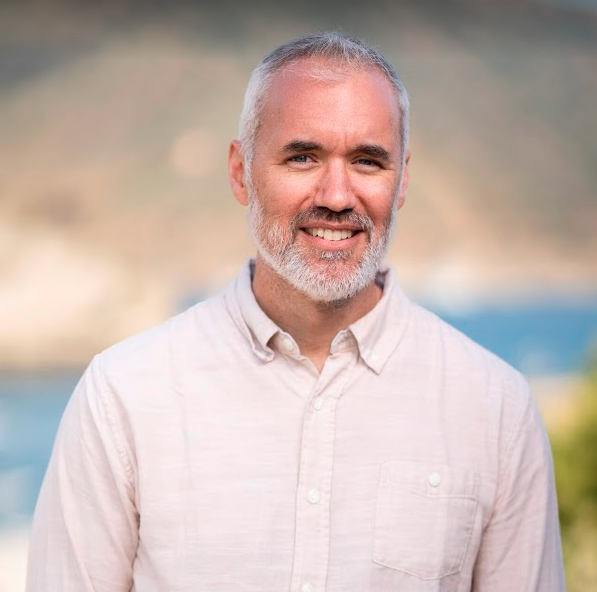Governments and privately-held utilities will have to drastically reduce their carbon emissions to mitigate climate change. Such reductions will require transitioning electrical infrastructure to rely on cleaner fuels and power-generation technologies. Despite the myriad factors influencing both the process and eventual outcome of these transitions, it is typically transitions’ cost and individuals’ willingness to pay (WTP) for them that dominate both strategic planning and political discourse. Studies used to calculate the public’s WTP however often rely on vague policy options, ignore important social and environmental attributes, and fail to provide individuals means for engaging tradeoffs. Here we report on three studies that provided individuals multiple choice tasks for evaluating real-world portfolio options across key social and environmental attributes. Our results show that individuals placed high importance on minimizing costs, yet also consistently ranked strategies highest that reduced both greenhouse gas (GHG) and air particulate emissions, even when those portfolios require considerable cost increases. When provided an opportunity to construct their own portfolios, participants again constructed costly portfolios that significantly reduced both GHG emissions and air pollution. Using multiple choice tasks, we demonstrated individuals’ WTP for low-emission energy strategies to be higher than previous studies relying on contingent valuation suggest.
Highlights
- • GHG and air particulate emissions, jobs created, land use and innovation all key energy attributes.
- • Individuals deemphasize cost when shown portfolio performance across additional attributes.
- • Individuals consistently reject status quo energy options in favor of costly, low-emission options.
- • Individuals’ WTP between $44 and $65/month to eliminate GHG and air particulate emissions.
https://www.sciencedirect.com/science/article/pii/S0301421518300223




Leave a comment